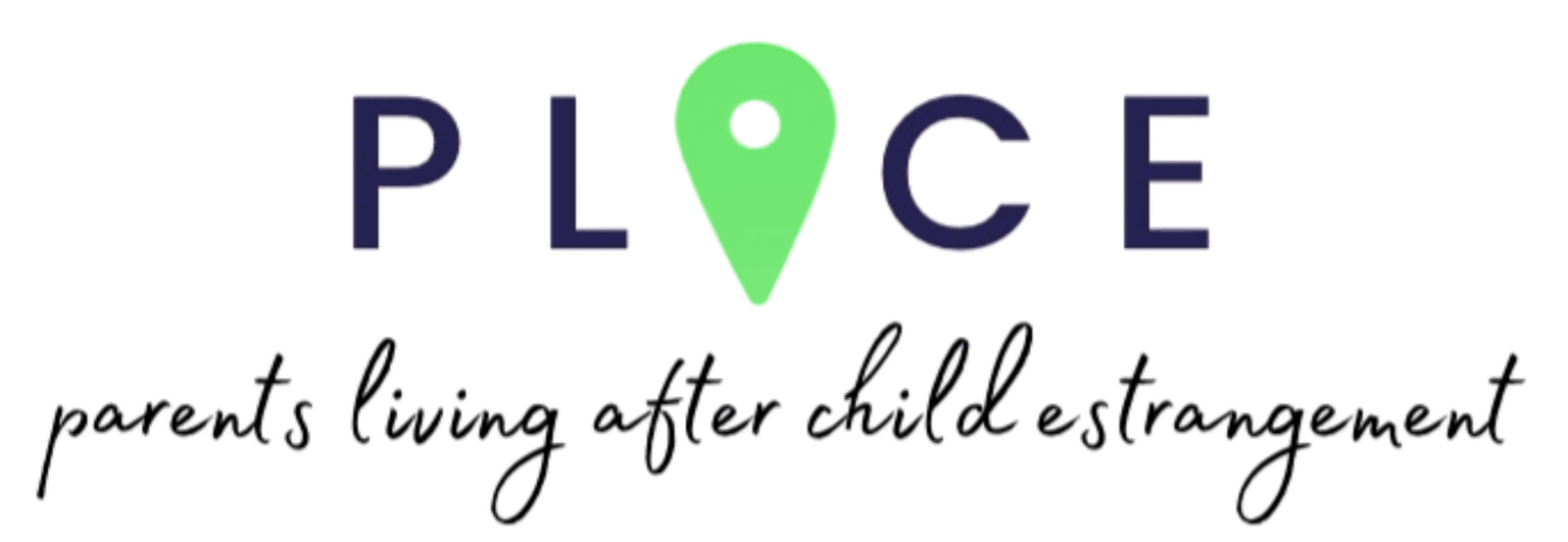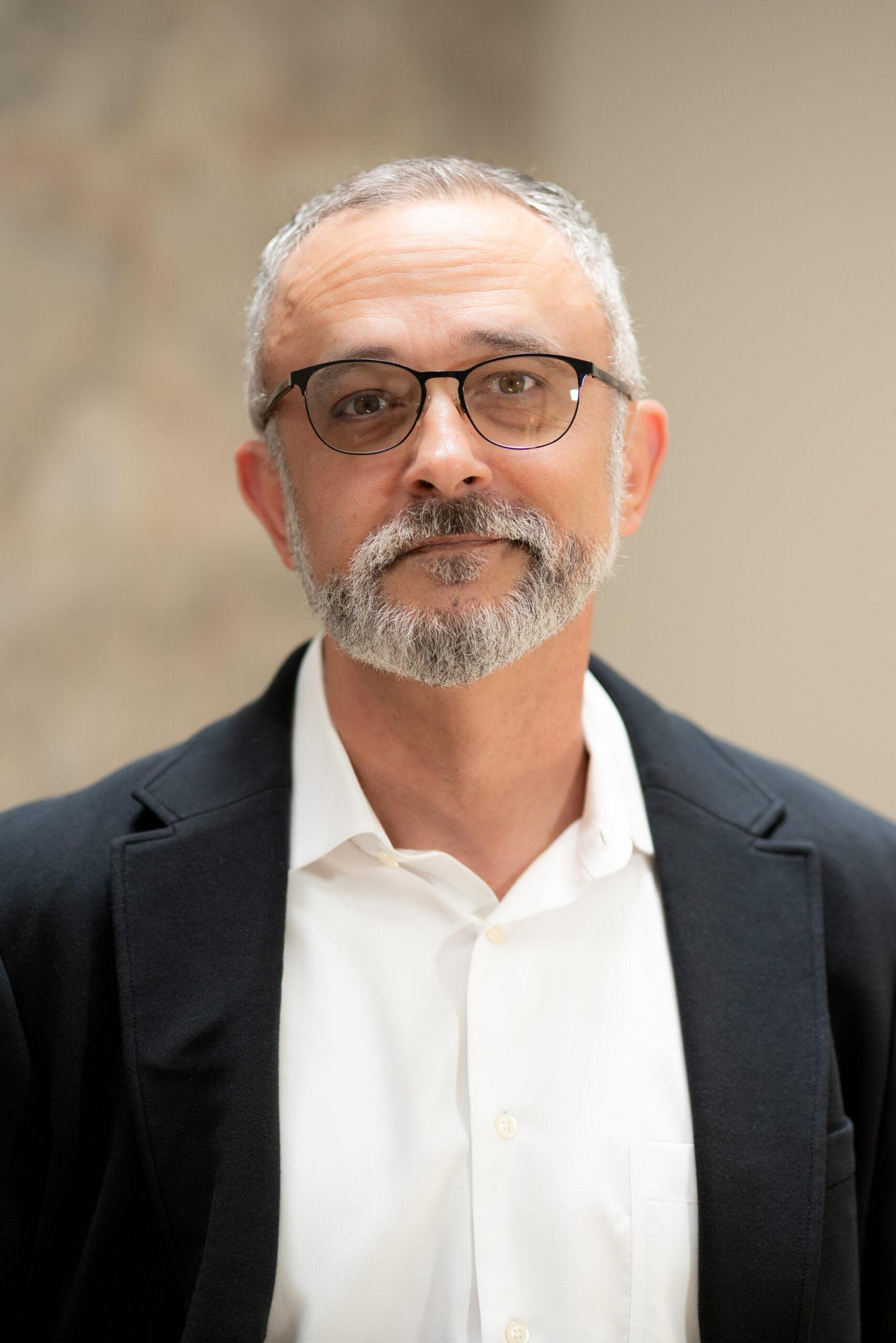I had an interview with WGBW on the topic of parent-child estrangement. Here’s the link:
https://civicmedia.us/shows/rational-revolution
It’s about a half hour long. A big thank you to Jerry Bader for giving PLACE this opportunity.
**
I mentioned in the WGBW interview that although we may disagree with our children regarding what led to estrangement, something led them to do it. PLACE members seek support via their peers in our program, in addition to other strategies, such as seeing a counselor.
I hope that estranged children seek support as well. An ongoing concern is whether or not they choose clinically and ethically sound counselors. Any number of social media personalities have waded into these waters, speaking in generalizations and assumptions. As a licensed clinician, some of what I hear them saying is alarming.
Last year a prominent one came under fire, and took to social media to defend and justify what had been said. My notes from that response are below:
To advise estrangement based on one person’s report of sub-abuse threshold distress in a multi-person system is ethically and clinically unsound.
Trauma is diagnosed via peer-reviewed, evidence-based assessments such as the Clinician Administered PTSD Scale for DSM V. The aforementioned counselor claims instead to work from their own, unspecified definition. This is ethically and clinically unsound.
Straw man argument #1: When advocating for an ongoing lowering of the trauma threshold, counselor compares such a change to how resistance to seatbelts became acceptance over time. Diagnosing trauma is nuanced and multifaceted; the need to contain a body’s sudden momentum in a motor vehicle collision is not. Ethically and clinically unsound.
“Toxic” is a pop psychology word that means nothing more than “unpleasant.” It is not clinical, and does not appear in the DSM V. Nevertheless, counselor uses a “toxic family test” for inquiring potential clients. A legitimate assessment has the challenge of examining something qualitative, like a family’s behavior, and attempting to render it quantitatively via a “score.” A “toxicity” assessment does nothing more than render a meaningless score that purports to quantify what the client already reports is unpleasant. Ethically and clinically unsound.
Straw man argument #2: Counselor compared not advising a client to estrange to advising someone in an ongoing domestic violence situation to remain and work out their differences. Many of our estrangement scenarios are influenced by family systems, culture, economics, genetics, religion, politics and more. This is a different circumstance than preservation of someone’s physical wellbeing, possibly even their life.
Another ethical problem here is the appeal to authority. If someone with fancy credentials steps forward and claims to be an authority, such claims are often taken at face value. This runs the risk of harm to both the client and to the mental health field.
Counselor says that clients often don’t know how bad their upbringing was until it is explained to them via their program.
Some pro-estrangement counselor personalities refer to EACs as orphans, which is inaccurate, and disrespectful of children whose parents actually died.
I’m not pessimistic in general, but social media opportunists and counselor personalities do real harm to divided families with poor guidance. I hope that state licensing boards will look at this situation.


